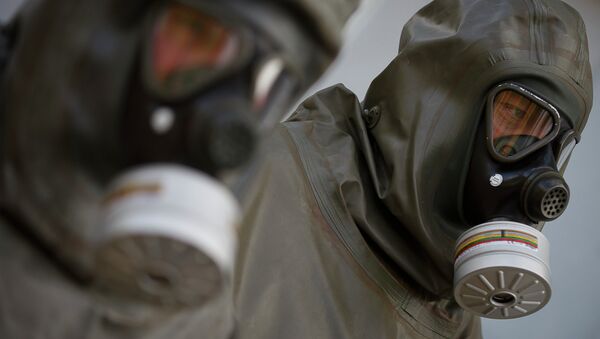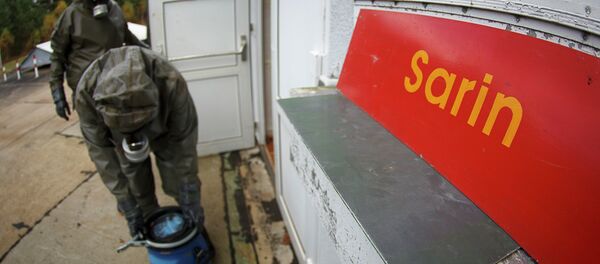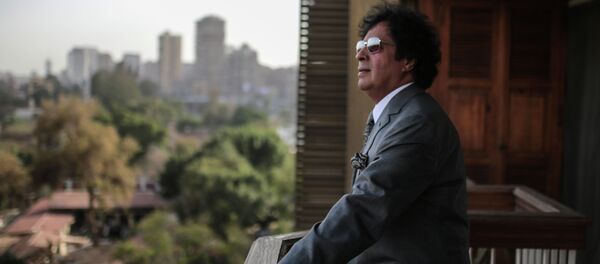The People's Protection Units named several Islamist groups, which may be responsible for the attack, but neither Daesh nor Al-Nusra Front was among them.
Earlier, US intelligence services acknowledged that Daesh may have access to chemical weapons, but former FBI agent Coleen Rowley assumed that the same can be said of other radical groups in the region, Russia Today reported.
"It could probably be anyone, our own US national intelligence director James Clapper testified to a congressional committee about three weeks ago that IS [Daesh]has access to chemical weapons. And not only has access to chemical weapons — he mentioned chlorine, mustard. He also mentioned that they have access to precursor chemicals to make their own chemical weapons. And I would imagine that if IS [Daesh] has access, many of these other groups could have access to them as well," Rowley said in an interview with Russia Today.
According to an RT source in the Organization for the Prohibition of Chemical Weapons, Daesh also used poison gas in August 2015. After 35 Kurdish fighters fell ill and underwent health tests, the laboratory revealed the presence of traces of mustard gas in their blood.
Rowley argued that various radical groups in Syria apart from Daesh could try to disrupt the current ceasefire and destabilize the situation in the region.
"Let's hope that the cooler heads: the US, Russia, Iran — some of these other countries that have interest now in Syria — will not let these attacks end the efforts at peace negotiation," Rowley said. "We have to hope that the diplomats will understand that and will say: ‘We're going forward nonetheless,' and that there can be some investigation to find out who exactly was responsible," he added.




